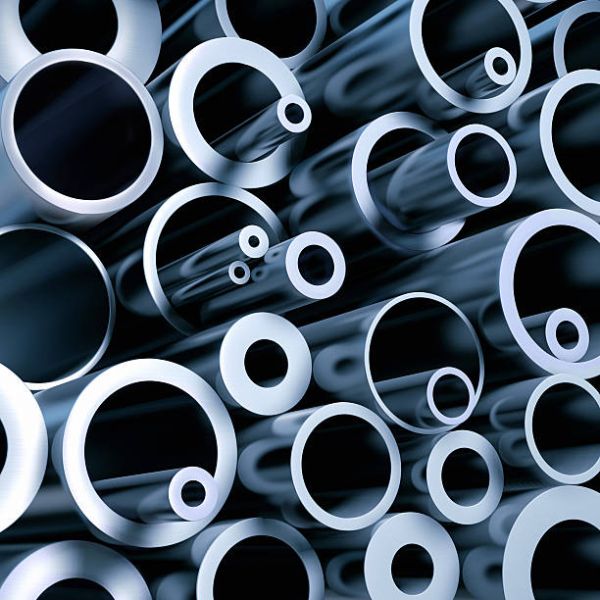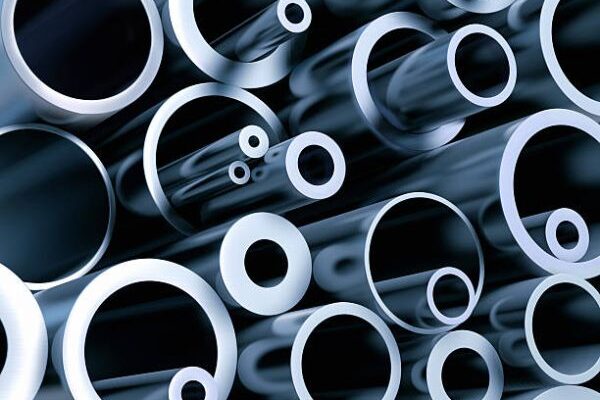
Engineering projects demand materials that perform under extreme conditions without failure. When specifying chromoly tubing for aerospace, automotive, or industrial applications, the supplier relationship often determines project success. Experienced 4130 grade tubing suppliers provide more than just material—they deliver technical expertise, verified certifications, and consistent quality that prevent costly delays and rework.
The difference between a standard distributor and an experienced supplier becomes evident during complex fabrication requirements. Engineers working with 4130 tubing suppliers who understand material behavior can anticipate welding challenges, recommend appropriate heat treatment procedures, and verify chemical composition before shipment. This level of support reduces engineering time spent on troubleshooting and material verification, allowing teams to focus on design optimization.
Understanding 4130 Chromoly Steel Properties
- Composition and Mechanical Characteristics: This low-alloy steel contains approximately 0.30% carbon, 0.95% chromium, and 0.20% molybdenum, creating a material with excellent strength-to-weight ratio. The alloy achieves tensile strengths between 90,000 and 105,000 PSI in normalized condition, making it suitable for structural applications requiring both strength and machinability. These properties make chromoly tubing a preferred choice in weight-sensitive designs.
- Weldability Considerations for Fabrication: Pre-heating to 200-400°F before welding prevents hydrogen cracking and ensures proper fusion in thicker sections. Post-weld heat treatment at 1150-1200°F relieves residual stresses and restores ductility in critical joints. Many fabrication failures stem from inadequate welding procedures rather than material defects, highlighting the importance of supplier guidance on proper techniques.
- Heat Treatment Response and Hardening: Chromoly steel responds well to heat treatment, allowing engineers to tailor mechanical properties for specific applications. Normalizing refines grain structure and improves toughness, while quenching and tempering can increase hardness to 50 HRC or higher. The ability to adjust properties through controlled heating and cooling provides design flexibility that plain carbon steels cannot match.
The Critical Role of Supplier Experience
- Material Traceability and Documentation: Experienced suppliers maintain complete mill test reports showing actual chemical composition, mechanical test results, and heat lot numbers for every piece. This documentation proves compliance with ASTM A519 or AMS 6371 specifications and enables rapid failure analysis if problems occur. Without proper traceability, engineers risk using non-conforming material that could compromise structural integrity.
- Technical Support During Design Phase: Suppliers with metallurgical expertise can evaluate design requirements and recommend optimal wall thicknesses, diameter tolerances, and finish specifications before ordering. This consultation prevents over-specification that increases costs or under-specification that causes failures. Engineers save significant time when suppliers understand the application context and can suggest proven solutions.
- Inventory Depth and Custom Processing: Maintaining stock in various sizes, wall thicknesses, and conditions allows quick turnaround on urgent projects without minimum order penalties. Many experienced suppliers also offer cutting, machining, and heat treatment services that reduce the number of vendors required. Consolidating services with one knowledgeable supplier streamlines procurement and improves quality control consistency.
Quality Assurance Beyond Basic Certification
- Verification Testing and Inspection: Reputable suppliers perform additional hardness testing, dimensional checks, and visual inspections beyond what mills provide as standard. This extra scrutiny catches surface defects, out-of-tolerance dimensions, and mixed heats before material reaches the fabrication floor. The cost of supplier inspection is negligible compared to scrapping completed assemblies due to defective raw material.
- Understanding Industry-Specific Requirements: Aerospace applications require compliance with AMS specifications and may need additional testing like ultrasonic inspection for internal defects. Motorsports applications prioritize consistent mechanical properties across production runs to ensure predictable performance. Suppliers familiar with these nuances provide material that meets both written specifications and unwritten industry expectations that separate adequate from exceptional results.
- Consistency Across Multiple Orders: Material property variations between orders create fabrication headaches when welding parameters or heat treatment cycles need adjustment for each batch. Experienced suppliers source from reliable mills and maintain quality standards that minimize batch-to-batch variation. This consistency allows fabricators to establish proven procedures that work reliably, reducing scrap rates and improving production efficiency significantly.
Common Problems With Inexperienced Suppliers
Engineers frequently encounter these issues when working with suppliers lacking chromoly expertise:
- Mixed material grades shipped as 4130, requiring expensive chemical analysis to verify composition before use.
- Incorrect mill certifications that don’t match actual material properties, discovered only after welding failures occur during testing.
- Poor surface finish with seams or inclusions that propagate into cracks under cyclic loading conditions.
- Dimensional inconsistencies exceeding ASTM tolerances that require additional machining operations and increase manufacturing costs.
Conclusion
Selecting experienced suppliers for chromoly tubing protects project timelines, budgets, and final product quality in ways that become apparent throughout the engineering lifecycle. The technical knowledge, material verification, and consistent quality they provide eliminate variables that cause failures and delays. Engineers who prioritize supplier experience rather than lowest price alone consistently achieve better outcomes with fewer complications. Request detailed mill certifications, ask about testing procedures, and verify industry-specific experience before committing to a supplier relationship for critical applications.
Featured Image Source: https://media.gettyimages.com/id/183094768/photo/a-stack-of-various-metall-pipes.jpg?s=612×612&w=0&k=20&c=_R9_m3k2DKZ3uNs83kYOdokjUiqg3Ue1PHmv74Q3yag=

